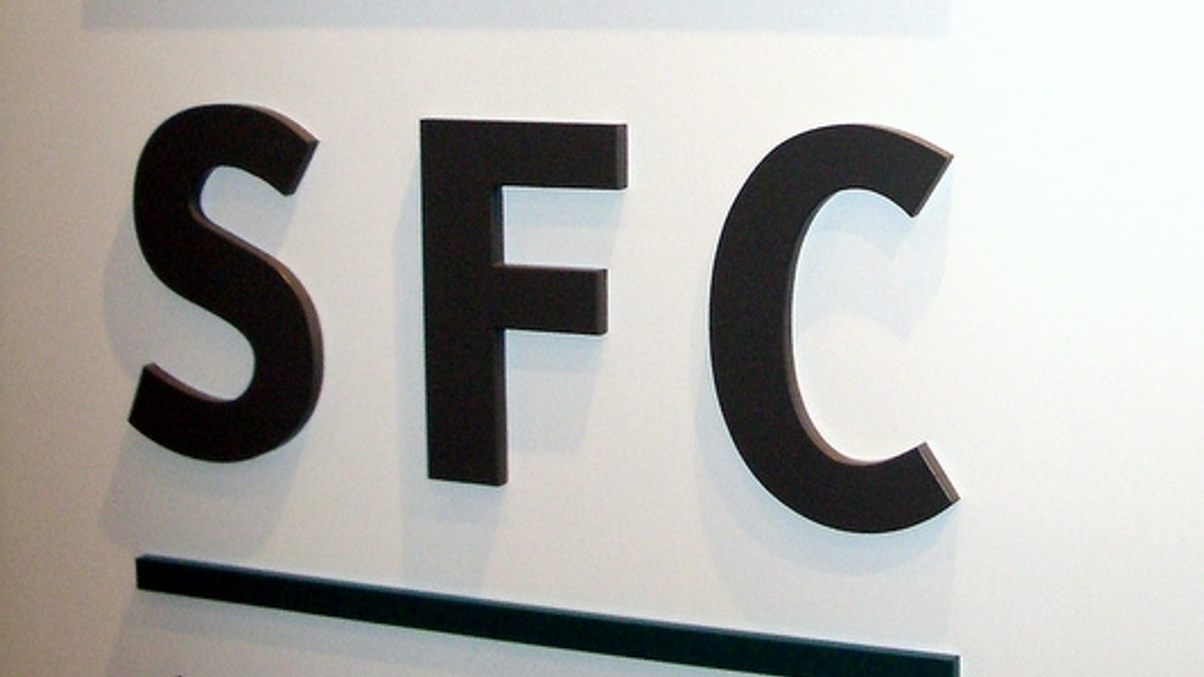HK regulator to introduce more carrot
The city's securities regulator is broadening its approach to supervising the industry by focusing on corporate culture and encouraging firms to incentivise ethical conduct.

Hong Kong’s securities regulator is turning its focus to professionalism, corporate culture and ethics as part of a more principles-based and forward-looking approach to supervising market participants.
Sign in to read on!
Registered users get 2 free articles in 30 days.
Subscribers have full unlimited access to AsianInvestor
Not signed up? New users get 2 free articles per month, plus a 7-day unlimited free trial.
¬ Haymarket Media Limited. All rights reserved.


